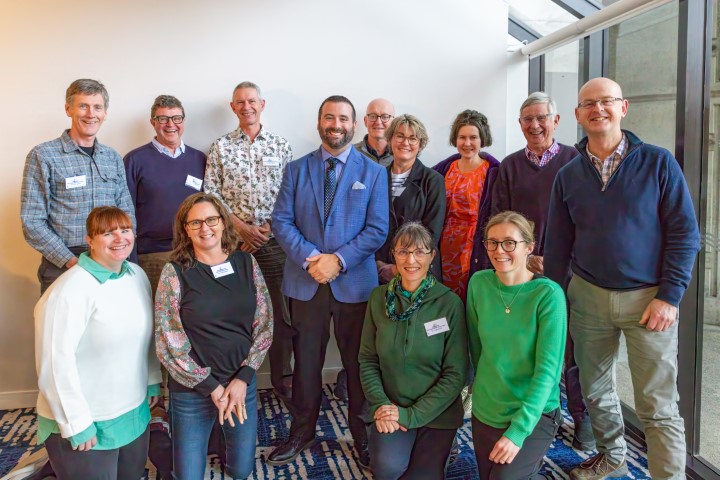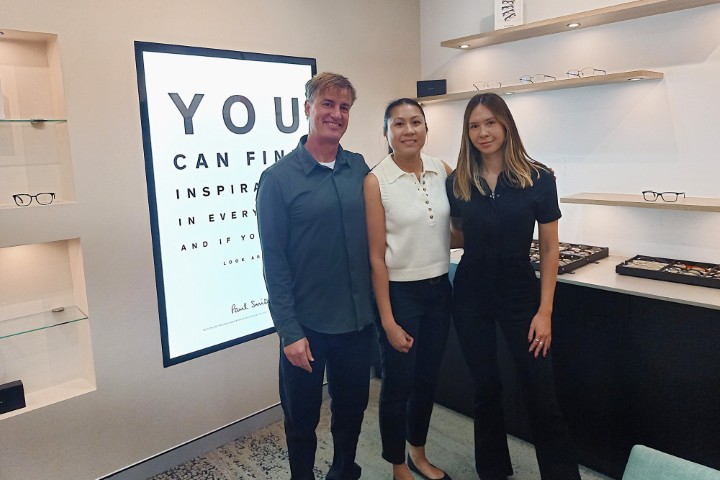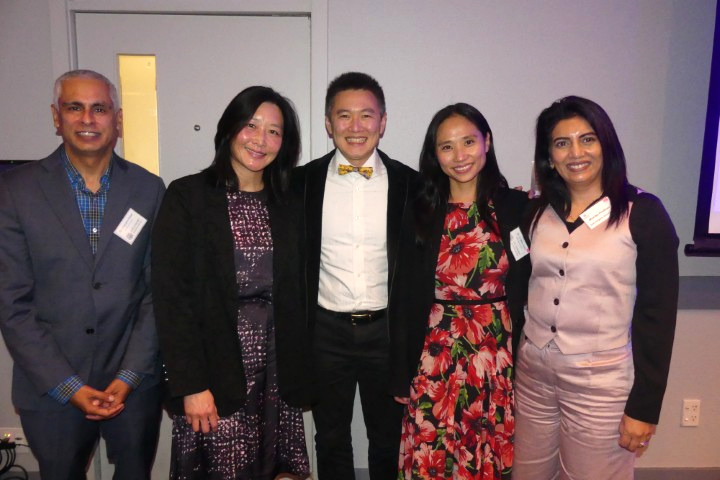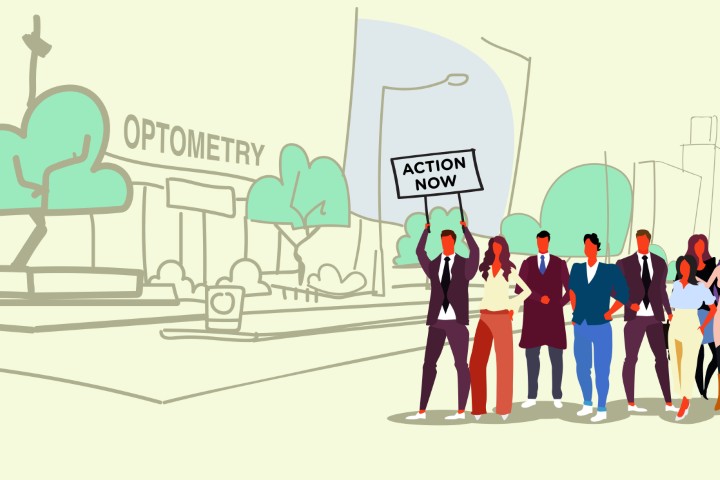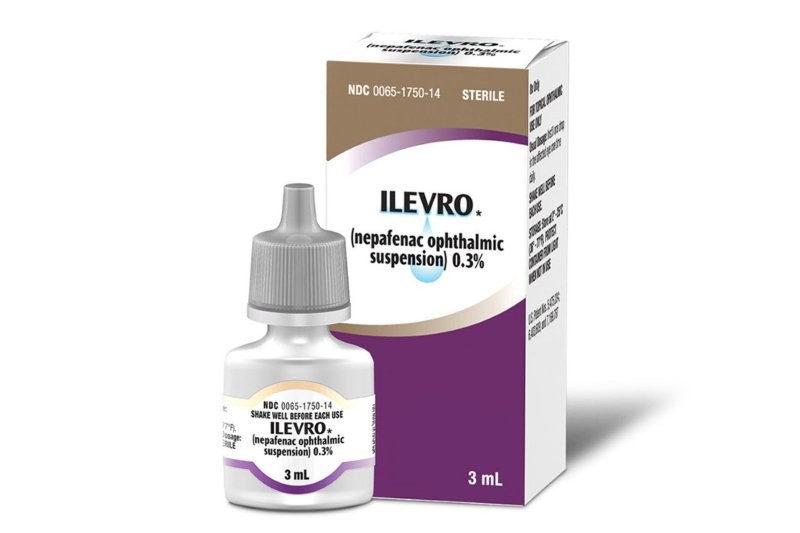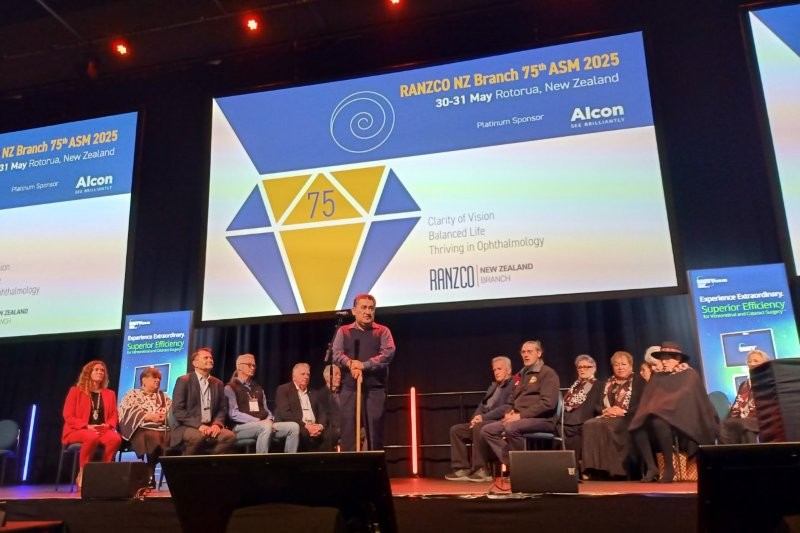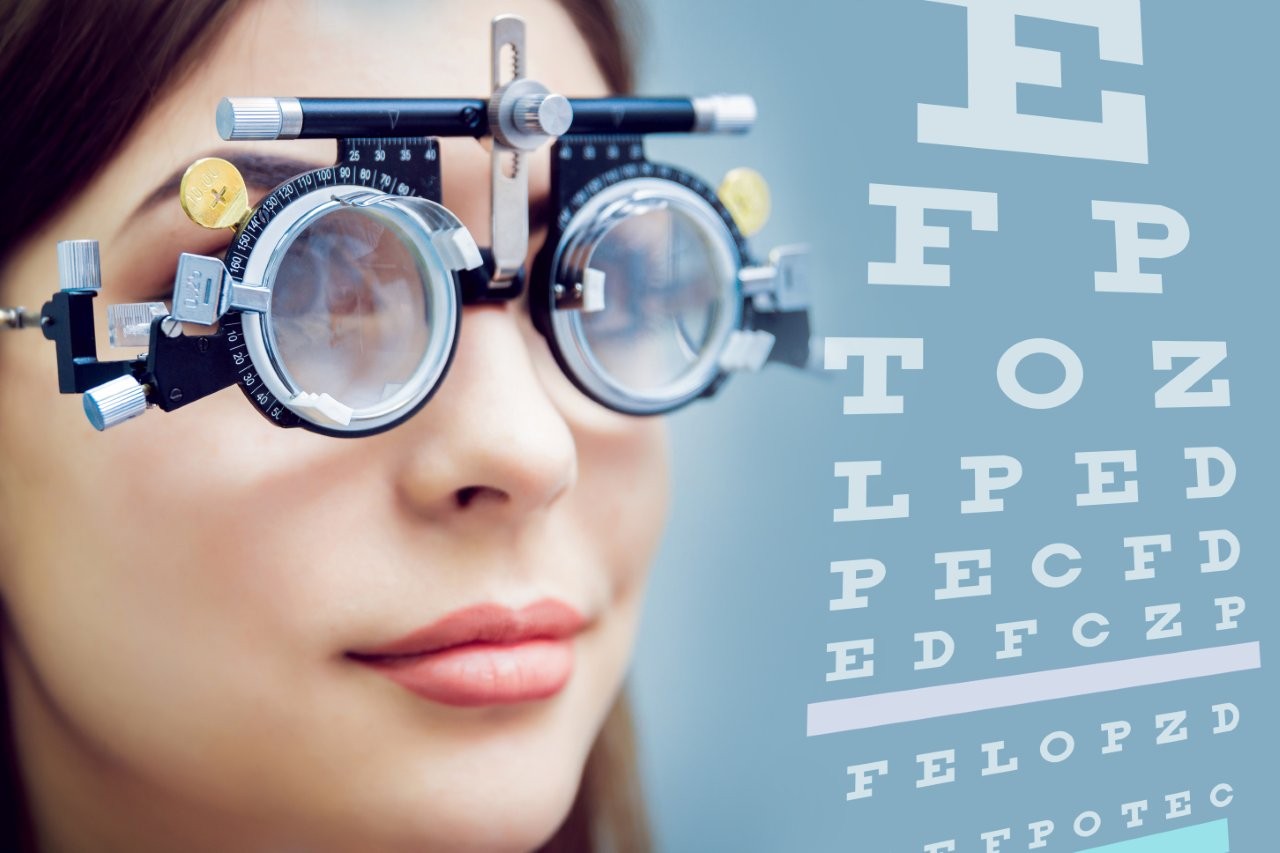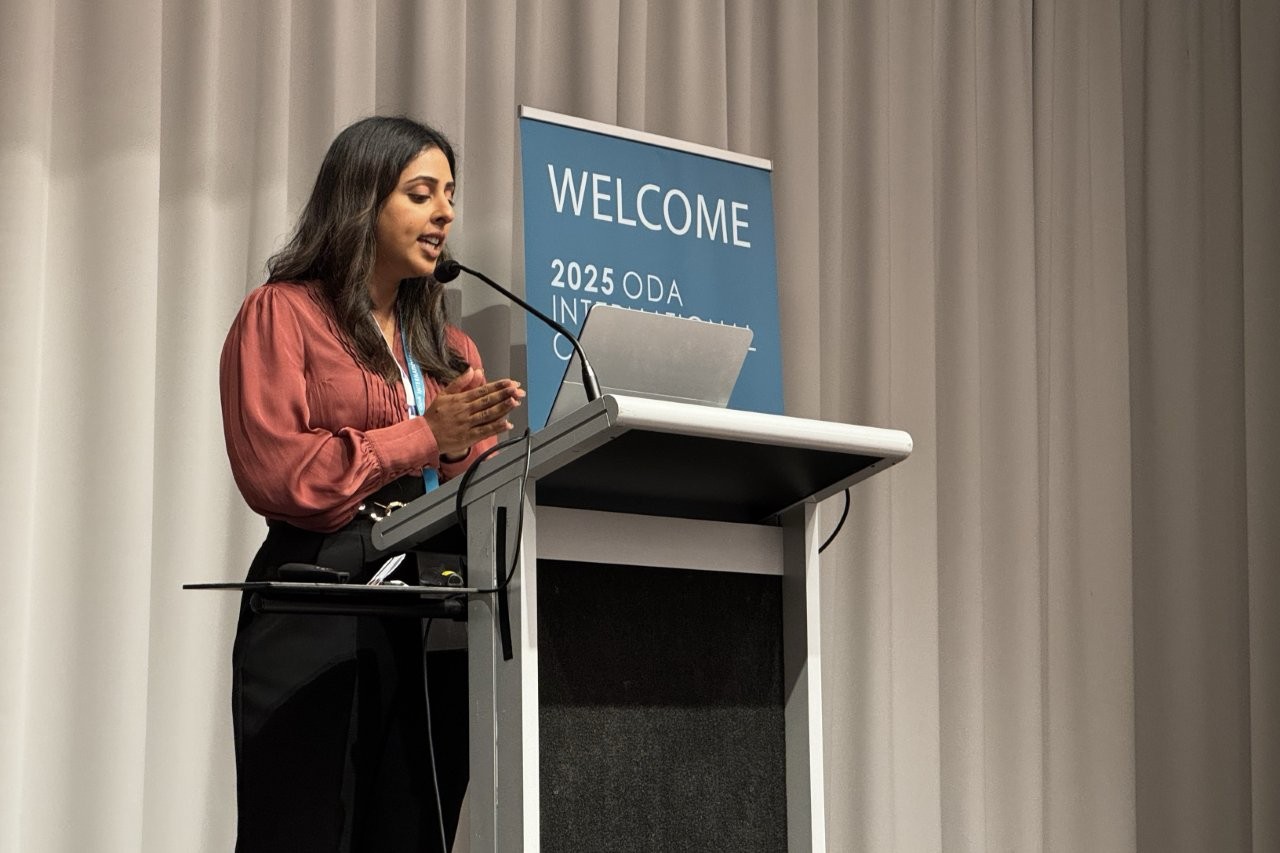NACBO 2023: optoms on best behaviour
Themed ‘Science Leading Change’, the Australasian College of Behavioural Optometrists’ (ACBO’s) National ACBO Vision Conference (NACBO) drew more than 100 optometrists to Melbourne, 12 of whom hopped across the ditch from New Zealand.
Canada’s Dr Patrick Quaid was this year’s guest speaker, presenting throughout the two days of lectures. Originally from Ireland, Dr Quaid qualified at Bradford University, UK, before embarking on a research career. He gained his doctorate and post-doctorate in psychophysics before establishing his thriving vision-therapy practice in Canada. He also co-authored a chapter of Professors Michael Hoffer and Carey Balaban’s Neurosensory Disorders in Mild Traumatic Brain Injury.
NACBO 2023’s first day concentrated on the role of vision in the learning process. Dr Quaid’s unique presentation style was engaging as we moved from the clinical evidence surrounding children with visual issues to their treatment, with accommodation and convergence issues covered in depth.
We discussed the similarities between visual processing and auditory processing, which led to the topic of dyslexia and its various sub-types. Although optometrists do not treat dyslexia, it is important we know the difference between these sub-types, especially those of the dyseidetic type (ie. dyslexics with a sound understanding of phonetic concepts who have great difficulty with word recognition, reading aloud and spelling). It’s also important to know how to recognise and treat any associated visual processing issues. The well-established and easily administered Wold Sentence Copy Test is a high predictor of academic performance and it was good to hear Dr Quaid devote some time to this. Towards the end of the day we were treated to an array of therapy techniques to help improve saccadic, pursuit and accommodation performance as well as binocular procedures.
Concussion discussions
The second day moved on to mild traumatic brain injury (TBI) and the evidence showing that while visual issues are common, appropriate management can make an enormous difference. Among the clinical pearls was the importance of considering peripheral vision in those who are symptomatic following a concussion. Did you know that the VOR (vestibulo-ocular) reflex has to be 98% accurate to avoid a patient becoming symptomatic?
Dr Quaid’s TBI presentation was littered with evidence-based medicine, covering a wealth of information showing the prevalence of ocular issues related to mild TBI and the improved performance after treatment. Near point of convergence, accommodation and photophobia are well recognised as significant issues in a patient who has suffered a concussion injury, with papers suggesting prevalence to be around 50%, so it’s vital optometrists are aware of these issues. Dr Quaid also explained his own hierarchy of treatment and management, moving from monocular work through to bi-ocular and then binocular, as well as the importance of pre-treatment questionnaires in gauging improvement. This was followed by a discussion on the most recent research taking place involving the use of light and critical flicker fusion frequency in the management of this population.
The importance of adopting a multi-disciplinary approach in the management of a patient with concussion was also discussed. Though those of us who constantly deal with this population needed no introduction to the concept of sharing information and supporting professionals from other disciplines when faced with a patient suffering from mild TBI.
The final session involved those enrolled in the outstanding ACBO advanced accreditation in neuro-optometric care course, which was written by Auckland-based optometrist Evan Brown. ACBO now has a well organised hierarchy of education opportunities to enable any optometrist or vision therapist with an interest in this area to progress from beginner to advanced in this field. Each candidate in ACBO’s Advanced Accreditation in Neuro-Optometric Care (ANOC) course is required to keep a logbook of mild TBI cases and present a case record. So we were treated to a variety of interesting cases. One Melbourne case involving a patient who sadly committed suicide when denied funding for treatment, particularly underlined the need for our services. There were several sobering comments about suicide throughout the second day, with those who have suffered mild TBI having triple the population’s normal rate and half of these having visited a physician in the last week of their life.
On a brighter note, the NACBO masquerade conference dinner was a lot of fun and provided a fitting background to this year’s awards presentations, with our own Wellington-based behavioural optometrist Richard Shanks winning the Keith Woodland Award for outstanding contribution to behavioural vision care.
Overall, the conference was a huge success, with positive comments from every attendee I talked to. Dealing with paediatric patients and those with mild TBI has been such a rewarding adjunct to the careers of many of those present. Any practitioner looking for an introduction to managing these populations would be well served by looking into the recently re-written ACBO course offerings, which offer an excellent start in this area.
Niall McCormack is an optometrist at Hawke's Bay Hospital and honorary academic at Auckland University. He has previously volunteered for the Fred Hollows Foundation on numerous occasions, is a founder of charity Eye Care for Africa and has a particular interest in paediatric eye health and neuro-optometry.










